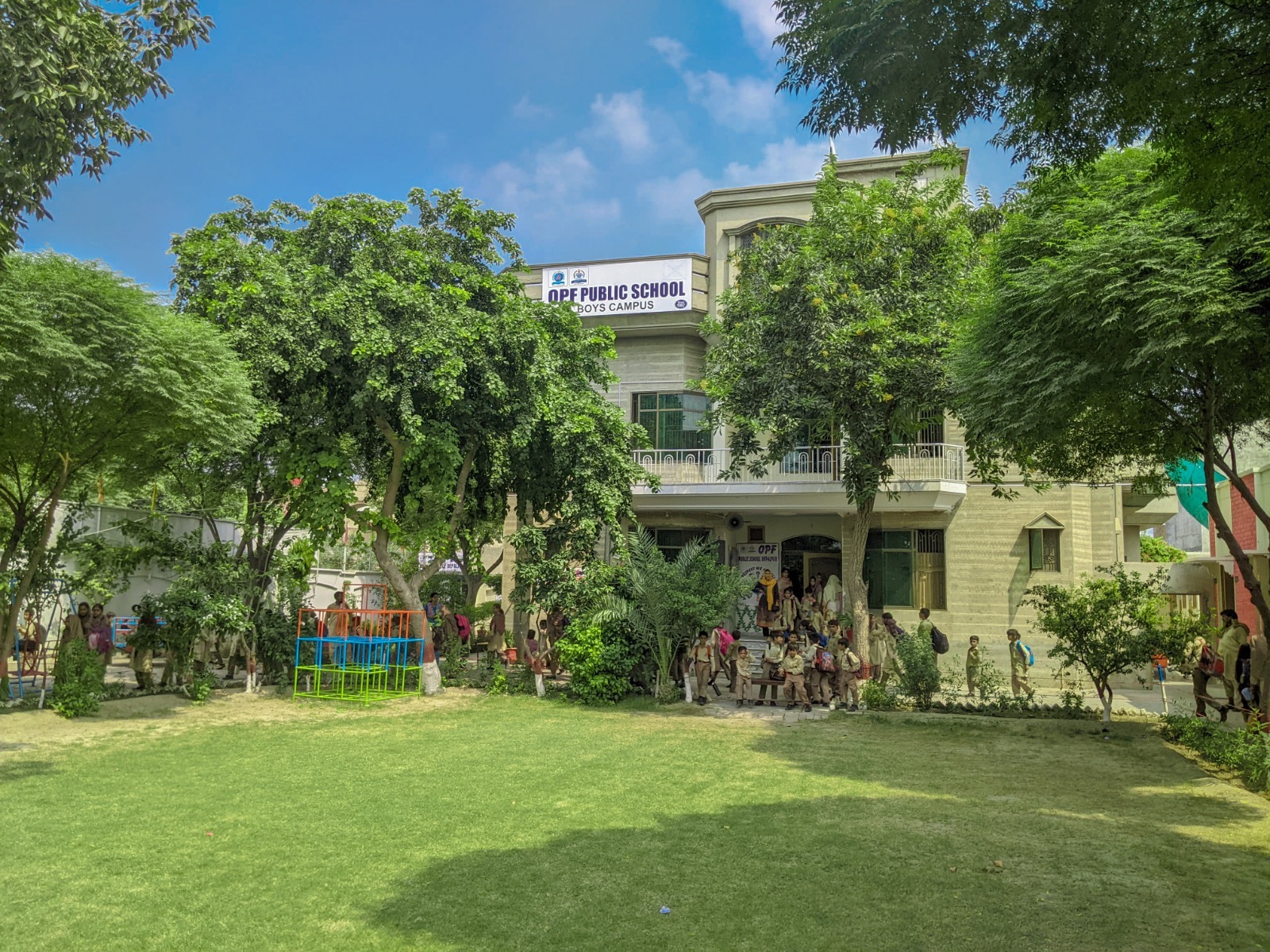Code of Conduct
Code of Conduct Click to view
DISCIPLINARY OFFENSES
Through appropriate procedures, disciplinary sanctions shall be imposed for any conduct which adversely affects the institution's pursuit of its educational objectives or violates/shows a disregard for the rights of other members of the academic community, or which endangers property owned or controlled by the institution.
Individual misconduct includes, but is not limited to:
Through appropriate procedures, disciplinary sanctions shall be imposed for any conduct which adversely affects the institution's pursuit of its educational objectives or violates/shows a disregard for the rights of other members of the academic community, or which endangers property owned or controlled by the institution.
Individual misconduct includes, but is not limited to:
- Conduct that poses a danger or threat to the health or well-being of another person.
- Acts of hazing or bullying, individually or as a group.
- Disorderly conduct - abusive, indecent, violent, excessively noisy or disorderly conduct.
- Obstruction of, or interference with, the institution's activities and facilities.
- Misuse of, or damage to, the institution's property.
- Misuse of documents or identification cards.
- The instructor may order the temporary removal or exclusion from the classroom of any student engaged in disruptive conduct.
- Plagiarism, cheating, and other forms of academic dishonesty will not be tolerated.
- Students are directed to observe silence in the library
- Books and bags are not allowed inside the library.
- The borrower will be responsible for the replacement of a book damaged or misplaced while in his/her possession. Students may be asked to leave the library premises if found violating any of the library rules.
- Library materials borrowed must be returned on or before the due date.
- Upon determination of a student's violation of school rules or regulations, the following disciplinary sanctions may be imposed by the school officials:
- Restitution: An offense against property may require reimbursement by the student for damage to the property.
- Warning: The school may notify the student that continuation or repetition of specified conduct may be cause for further disciplinary action.
- Reprimand: This comprises a written reprimand or censure that does not restrict the student in any way, but does have important consequences. It is an indication of another chance being given to the student, but that repetition of the offense may result in more serious penalties.
- Restriction: A restriction may be imposed on a student's privileges for a specific duration, such as denial of the right to represent the school in any way, denial of the use of the school's facilities.
- Probation: The terms and length of probation will be communicated to the student in writing, the violation of school rules during which may result in the imposition of a more serious disciplinary action.
- Suspension: in the case of suspension, the student will be separated from the school for a stated period of time, with the conditions for readmission stated in the notice of suspension.
- Expulsion: Expulsion entails permanent separation from the school, the imposition of which is irreversible.
ASSESSMENTS/ACADEMIC REPORTS
Detailed marks statements, general progress, and conduct reports are sent to parents at the conclusion of each term. A cumulative record of the students is also maintained. The pass percentage in all papers and aggregate for different classes is determined by the Controller of Examination at the beginning of the Academic year. A summary of the pass percentages is listed below:
90% and above - Outstanding
80 - 90% - Excellent
70 - 80% - Very Good
60 - 70% - Good
59 - 50% - Satisfactory
Below 49% - Fail
Below 60% - Fail
Parent Teachers Meetings: In addition to the reports being sent, Parent-Teacher Meetings are scheduled regularly at the end of each term to discuss the progress of the students with their parents/guardians. This ensures that the process of education is knit together making sure the child develops under the tutelage of the faculty & guidance of the parents.
Detailed marks statements, general progress, and conduct reports are sent to parents at the conclusion of each term. A cumulative record of the students is also maintained. The pass percentage in all papers and aggregate for different classes is determined by the Controller of Examination at the beginning of the Academic year. A summary of the pass percentages is listed below:
90% and above - Outstanding
80 - 90% - Excellent
70 - 80% - Very Good
60 - 70% - Good
59 - 50% - Satisfactory
Below 49% - Fail
Below 60% - Fail
Parent Teachers Meetings: In addition to the reports being sent, Parent-Teacher Meetings are scheduled regularly at the end of each term to discuss the progress of the students with their parents/guardians. This ensures that the process of education is knit together making sure the child develops under the tutelage of the faculty & guidance of the parents.
Select theme colour
Select theme layout

You may change the settings.


